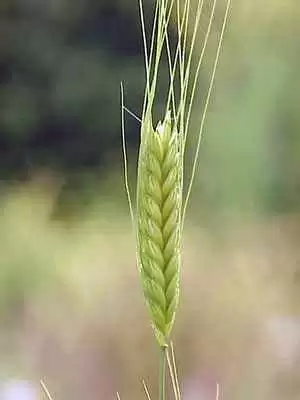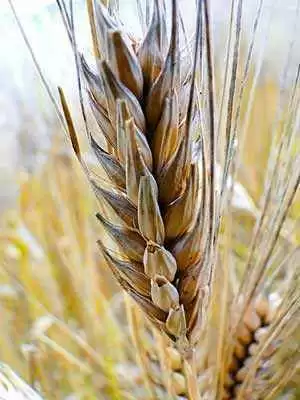
Celiac.com 02/24/2017 - Have wheat and gluten changed over time? Is the wheat we consume today substantially different to the wheat we ate fifty or one-hundred years ago? These are interesting questions that have invited a good deal of speculation, but so far, at least, no good answers.
Dr. Chris Miller, a former faculty member at Kansas State University in Grain Science and Industry, now the director of wheat quality research at Heartland Plant Innovations, is working on a project that could allow people with celiac disease to safely consume wheat. As part of that project, Dr. Miller is studying different wheat varieties from the Kansas State University breeding program.
Celiac.com Sponsor (A12):
So far, he has examined 50 Hard Red Winter wheat lines, which include current commercial varieties, older varieties once common, but rarely planted today, and wild relatives of wheat.
"With these different varieties we can get a broad understanding of how genetics change over time, or if they have changed through our breeding selection," Miller says.
Miller and his colleagues started by characterizing the varieties' traits from the field all the way through their protein characterization, their genetic makeup (which involves the plants' genotypes), end-product testing (which examines the plants' milling and baking qualities), and health and nutrition attributes.
Eventually, they hope to have good data on all of the wheat varieties in the study. This is exploratory research, says Aaron Harries, Vice President of Research and Operations at Kansas Wheat, "We're not sure what we are going to find."
They hope their preliminary research data will help them toward their main goal of helping people with celiac disease be able to consume wheat products without any digestion problems.
"This is a study that's focused for the good of all human health. We're doing research here that they aren't doing anywhere else," Jordan Hildebrand, program assistant at Kansas Wheat, said. "The fact that Kansas wheat farmers took the initiative to fund the research showed their foresight and their desire to deliver a wholesome product for everyone who wants to have their bread and eat it too."
Stay tuned for developments on this and related stories.
Source:








Recommended Comments
Create an account or sign in to comment
You need to be a member in order to leave a comment
Create an account
Sign up for a new account in our community. It's easy!
Register a new accountSign in
Already have an account? Sign in here.
Sign In Now